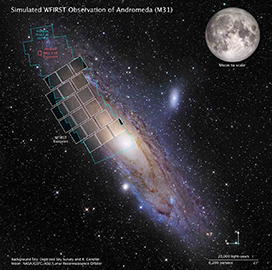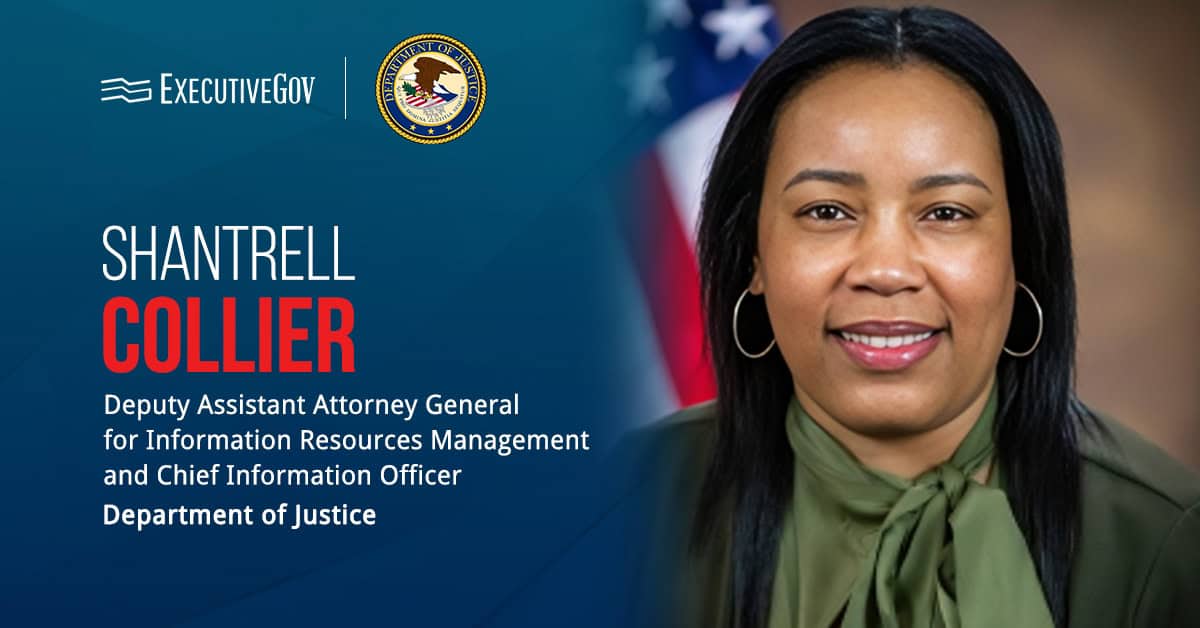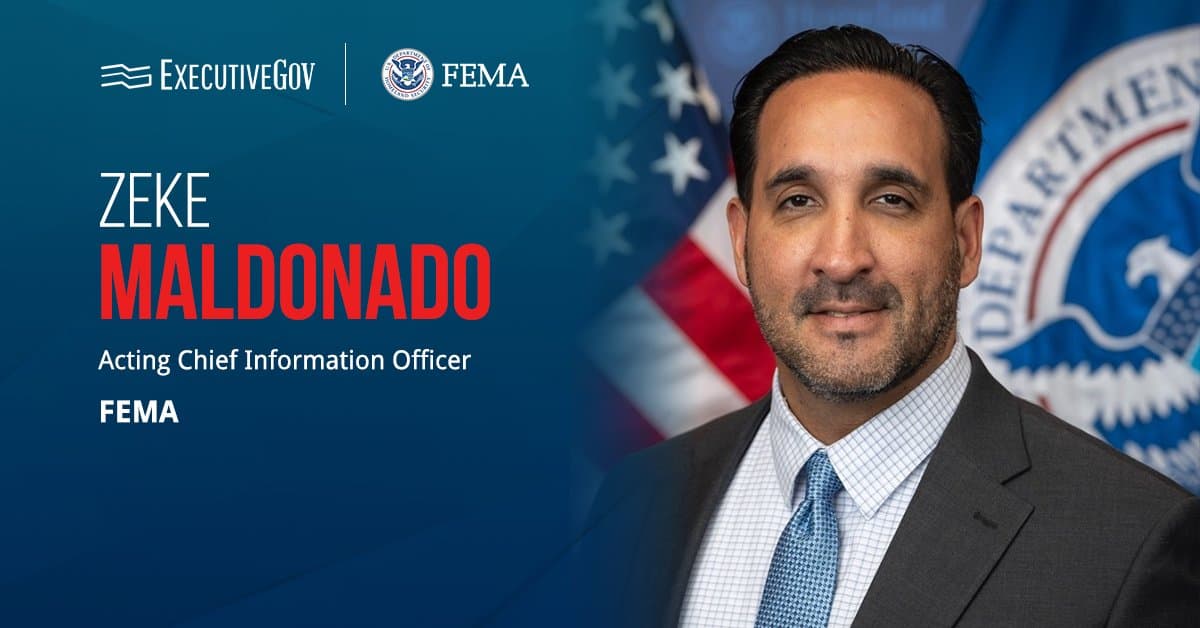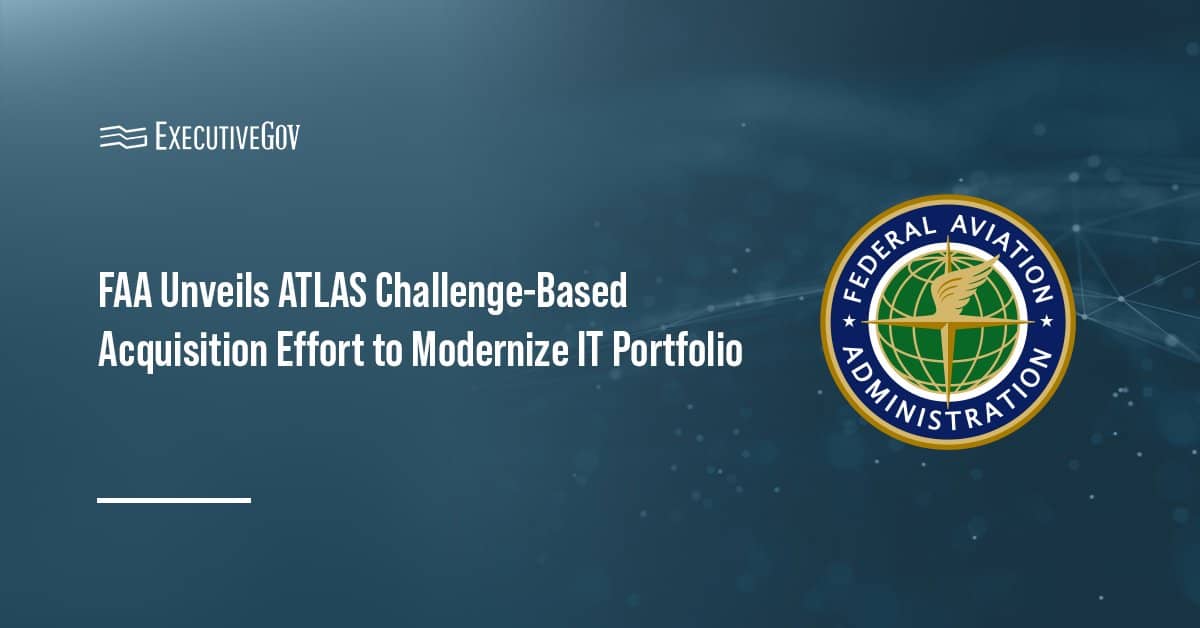
NASA has approved its new infrared telescope to undergo hardware development and testing, marking a new technical milestone in the program. The space agency said Monday that its Wide Field Infrared Survey Telescope or WFIRST will undergo finalization with efforts to design engineering test units.
These test units would help NASA verify the telescope's ability to operate in austere space conditions. The telescope is designed to detect infrared signals in space to study dark energy and also remotely explore planets beyond the solar system.
NASA expects to spend $3.2 billion on WFIRST's development, with a maximum potential cost of $3.93 billion. The telescope will continue to receive funds under the Fiscal Year 2020 Consolidated Appropriations Act through September. The WFIRST program may not receive funds in FY 2021 due to a proposal to focus on the James Webb Space Telescope.





